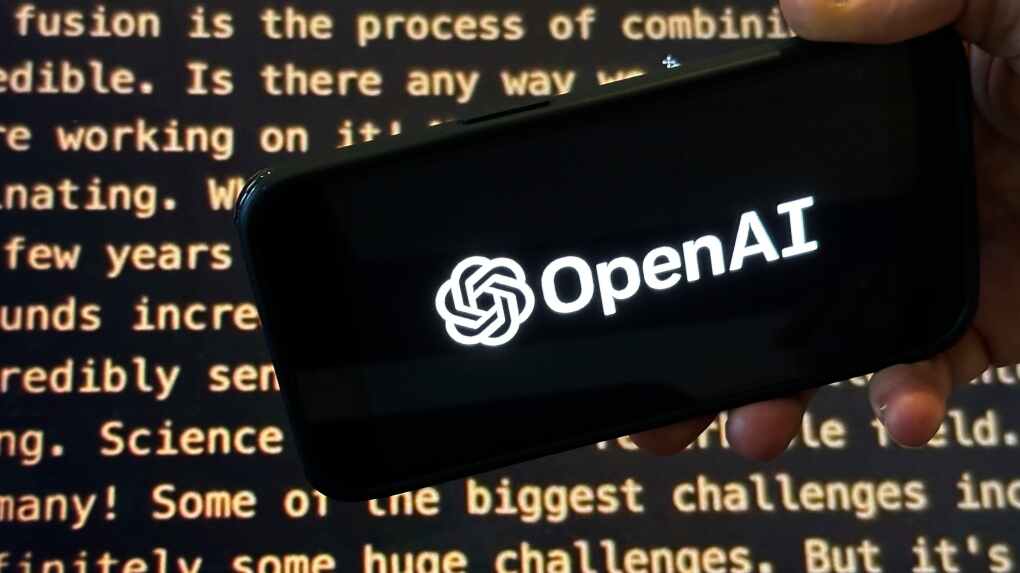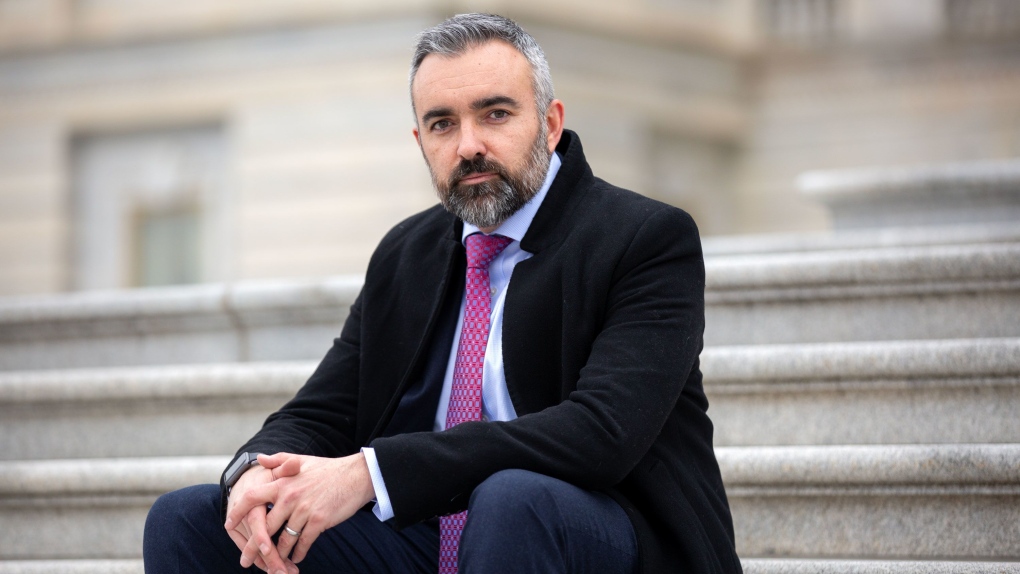New York –
OpenAI on Monday pushed back against a lawsuit filed last month by the New York Times alleging that the artificial intelligence juggernaut violated copyright law by using Times journalism to train its systems, calling the suit “without merit.”
“The New York Times is not telling the full story,” OpenAI said in a blog post about the lawsuit.
The New York Times in December sued OpenAI, as well as its business partner and investor Microsoft, for copyright infringement.
The Times alleged that the two companies’ artificial intelligence technologies illegally copied millions of Times articles to train ChatGPT and other services to provide people with instant access to information — technology that now competes with the Times.
The complaint is just the latest in a stringof lawsuits seeking to limit the alleged scraping of wide swaths of content from across the internet, without compensation, to train so-called large language AI models.
OpenAI in its Monday statement reiterated its claim that training AI systems with “publicly available internet materials” is covered by “fair use” protections under copyright law. “We view this principle as fair to creators, necessary for innovators, and critical for U.S. competitiveness,” the company said.
The New York Times in its complaint pushed back on OpenAi’s fair use argument, saying that ChatGPT and Microsoft’s Bing chatbot provide a similar service as the newspaper.
“There is nothing ‘transformative’ about using The Times’s content without payment to create products that substitute for The Times and steal audiences away from it,” the Times said in its complaint. “Because the outputs of Defendants’ GenAI models compete with and closely mimic the inputs used to train them, copying Times works for that purpose is not fair use.”
It’s not clear whether OpenAI has yet formally responded to the lawsuit in court; no new filings were publicly available on the docket as of Monday afternoon.
CNN has reached out to the New York Times for comment about OpenAI’s statement.
This is a developing story. It will be updated.




